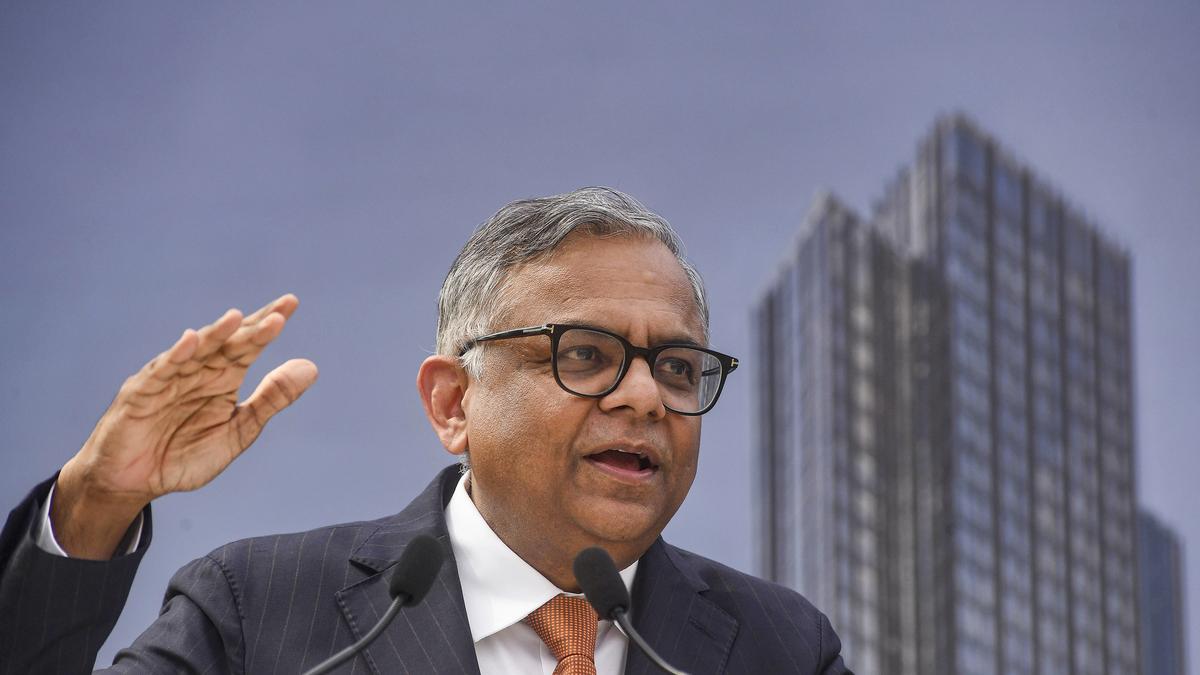Speaker M. Appavu can entertain a petition by an elector of Bodinayakkanur against former Chief Minister and MLA of the constituency O. Panneerselvam, if one goes by the Supreme Court’s verdict in the Speaker of Orissa Legislative Assembly vs Utkal Keshari Parida, 2013 case.
However, this position is not in conformity with the 1986 Rules of the Tamil Nadu Assembly regarding disqualifications, which explicitly state that only an MLA can submit any such petition.
Even in the Odisha case, the locus standi of a non-member of the House in submitting a petition for disqualification of four legislators was raised, but the Supreme Court held that “not only a Member of the House, but any person interested would also be entitled to bring to the notice of the Speaker the fact that a Member of the House had incurred disqualification under the Tenth Schedule to the Constitution of India.” In the eastern State, the four MLAs, belonging to the National Congress Party (NCP), had joined the then ruling party, Biju Janata Dal (BJD), after which the NCP’s State unit president had approached the Assembly Speaker. The matter later became a subject matter before the Orissa High Court and, eventually, the Supreme Court.
As regards the Tamil Nadu Assembly, Rule 6 — References to be by petitions — deals with the matter of who can give the petition. Sub-rule (2) says: “A petition in relation to a member may be made in writing to the Speaker by any other member.” Here, the term, “member,” as per Rule (2) titled Definitions, means “a member of the Tamil Nadu Legislative Assembly.”
The last time the disqualification of legislators was carried out was in September 2017, when the then Assembly Speaker P. Dhanapal took action against 18 MLAs of the AIADMK on the grounds that they had “voluntarily given up” their membership of the party, after they owed allegiance to the dissident leader, T.T.V. Dhinakaran, who subsequently floated the Amma Makkal Munnetra Kazhagam.
Published - June 16, 2025 08:17 pm IST



.png)
.png)
.png)
















 2 days ago
10
2 days ago
10










 English (US) ·
English (US) ·